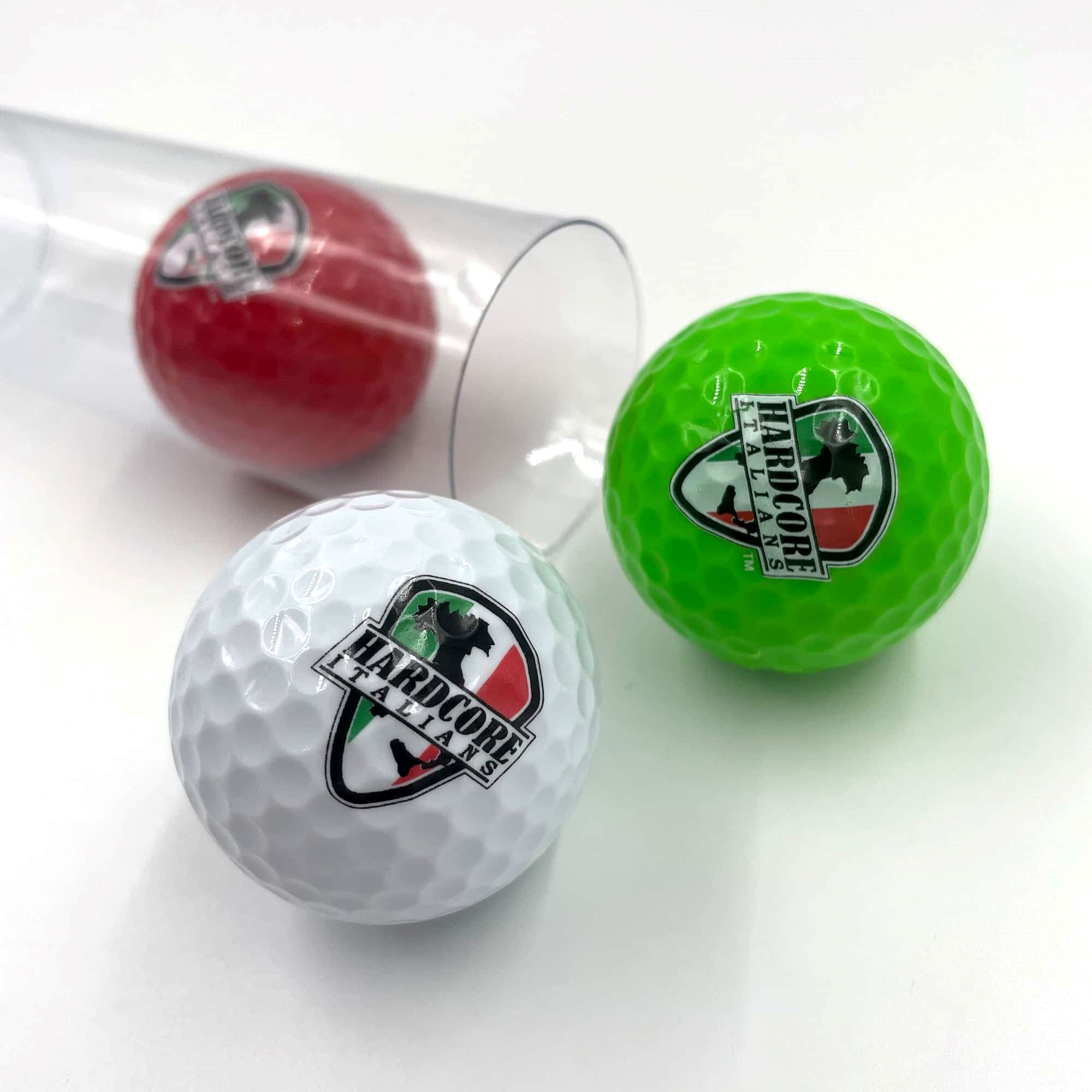

Articles
How To Store Golf Balls
Modified: January 19, 2024
Discover effective ways to store your golf balls and keep them in top condition with our informative articles. Unlock the secrets of long-lasting golf ball storage now!
(Many of the links in this article redirect to a specific reviewed product. Your purchase of these products through affiliate links helps to generate commission for Storables.com, at no extra cost. Learn more)
Introduction
Welcome to the world of golf, where every detail matters, even down to how you store your golf balls. While it may seem trivial, proper golf ball storage is crucial for maintaining their performance and longevity. Whether you’re a seasoned golfer or just starting out, understanding the importance of storing your golf balls correctly is essential.
When it comes to golf, the condition of your golf balls can significantly impact your game. If you don’t store them properly, they can lose their intended characteristics and fail to deliver the desired performance on the course. Factors such as temperature, humidity, and impact force can all affect the quality of your golf balls over time.
In this article, we will dive into the importance of proper golf ball storage and the factors that can affect their performance. We will also provide tips on how to choose the right golf ball storage container, cleaning techniques, the best locations to store your golf balls, and how to handle extreme weather conditions. By following these guidelines, you can ensure that your golf balls remain in optimal condition, giving you the best chance for success on the golf course.
Key Takeaways:
- Proper golf ball storage is crucial for maintaining performance and longevity. Factors like temperature, humidity, and usage impact ball performance. Choosing the right storage container and cleaning techniques are essential for optimal ball maintenance.
- Storing golf balls in cool, dry areas and protecting them from extreme weather conditions is vital. Regular inspection, proper cleaning, and using clean clubs can help maintain ball longevity and performance.
Read more: How To Store Balls
Importance of Proper Golf Ball Storage
Proper golf ball storage is not just about keeping your golf balls in a neat and orderly fashion. It is about preserving their performance and prolonging their lifespan. Here are some key reasons why proper golf ball storage is crucial:
- Preserving Ball Performance: Golf balls are carefully engineered to provide specific performance characteristics, such as distance, spin, and trajectory. Proper storage helps maintain these characteristics, ensuring that the balls perform as intended on the golf course.
- Preventing Damage: Golf balls can be damaged easily if not stored correctly. Storing them in a container that offers protection against external forces, such as impact or pressure, helps prevent deformations and cracks that can negatively impact their performance.
- Retaining Compression: Golf balls are designed to have a specific compression level, which affects their feel and response when hit. Correct storage conditions, such as temperature and humidity, help preserve the compression of the balls, ensuring consistent performance.
- Maintaining Spin and Control: The cover of a golf ball plays a crucial role in generating spin and control. Improper storage can lead to the cover deteriorating, resulting in reduced spin and control around the greens.
- Preventing Fading and Yellowing: Exposure to sunlight and UV rays can cause golf balls to fade and turn yellow over time. Proper storage in a dark and cool environment helps prevent this discoloration, keeping your golf balls looking fresh and new.
By understanding the importance of proper golf ball storage, you can ensure that your balls maintain their performance characteristics and longevity. It’s not just about extending the lifespan of your golf balls; it’s about maximizing their performance potential every time you step onto the course.
Factors Affecting Golf Ball Performance
Several factors can impact the performance of golf balls, and understanding these factors is essential to maintain their optimal performance. Here are some key factors that can affect the performance of your golf balls:
- Temperature: Extreme temperatures, both high and low, can have a significant impact on golf ball performance. High temperatures can cause the ball to expand, resulting in increased distance but decreased control. On the other hand, cold temperatures can make the ball feel harder and reduce its distance and feel. Storing your golf balls in a temperature-controlled environment is crucial to minimize these effects.
- Humidity: Humidity can affect the performance of golf balls, particularly those with urethane covers. High humidity can make the ball absorb moisture, leading to a loss of distance and control. Conversely, low humidity can cause the ball to dry out and become less responsive. Storing your golf balls in a dry environment is recommended to avoid these issues.
- Usage: The number of rounds a golf ball has been played can impact its performance. The more a ball is used, the more it can lose its intended performance characteristics. Over time, the dimples may become worn, reducing the ball’s ability to generate lift and spin. Rotating your golf balls regularly during play and retiring heavily used balls can help maintain consistent performance.
- Storage Conditions: Improper storage conditions can have a negative impact on golf ball performance. Exposure to excessive heat, moisture, and sunlight can degrade the materials of the ball and affect its performance. It is essential to store your golf balls in a cool, dry, and dark environment to maintain their optimal performance and longevity.
- Quality of Cover: The cover material of a golf ball plays a critical role in its performance. Balls with urethane covers offer excellent spin control and feel, while those with Surlyn covers are more durable and offer less spin control. Understanding the characteristics of different cover materials and selecting the right ball for your game can help maximize performance.
- Manufacturing Tolerances: Golf balls are mass-produced, and slight variations can occur in their manufacturing process. These variations can affect the performance of the balls. For consistent performance, it is recommended to use golf balls from the same batch or production run.
By being aware of these factors and taking the necessary precautions, you can ensure that your golf balls perform at their best and help you achieve your desired results on the golf course.
Choosing the Right Golf Ball Storage Container
When it comes to storing your golf balls, choosing the right container is essential for protecting their performance and prolonging their lifespan. Here are some factors to consider when selecting a golf ball storage container:
- Durable Construction: Look for a container that is made of durable material, such as plastic or metal, to provide protection against impact and crushing. Avoid containers that are prone to cracking or breaking, as this can lead to damage to your golf balls.
- Size and Capacity: Consider the number of golf balls you typically use or own and choose a storage container that can accommodate your needs. It’s important to have enough space to store your golf balls without overcrowding, which can lead to deformation or damage.
- Dividers and Compartments: Dividers or compartments within the storage container can help keep your golf balls organized and prevent them from rubbing against each other. This helps maintain the integrity of the ball’s performance characteristics and prevents unnecessary wear and tear.
- Secure Closure: Ensure that the storage container has a secure closure mechanism, such as a latch or zipper, to keep your golf balls safely stored and prevent them from falling out or getting lost. A secure closure also helps maintain a consistent environment inside the container, protecting the balls from external elements.
- Ventilation: While it’s important to keep your golf balls protected, it’s also crucial to provide proper ventilation within the storage container to prevent moisture buildup. Look for a container with small vents or breathable materials to allow for airflow and prevent any potential moisture-related issues.
- Light Protection: Exposure to sunlight and UV rays can cause golf balls to fade and lose their vibrant color. Look for a storage container that provides adequate protection against light to maintain the appearance of your golf balls.
- Portability: If you frequently travel with your golf balls, consider a storage container that is lightweight and portable. This will make it easier to carry your golf balls wherever you go, ensuring they are always stored safely and conveniently.
By considering these factors and choosing the right golf ball storage container, you can ensure that your golf balls are properly protected and maintained, preserving their performance and extending their lifespan.
Proper Golf Ball Cleaning Techniques
Keeping your golf balls clean is an essential part of proper maintenance. Not only does it help maintain their appearance, but it also ensures that the performance of the balls is not compromised. Here are some proper golf ball cleaning techniques:
- Rinse with Water: After each round of golf, rinse your golf balls with water to remove dirt, grass, and debris. Use your hands or a soft cloth to rub the surface gently and remove any stubborn stains. Avoid using harsh chemicals or solvents, as they can damage the cover of the balls.
- Mild Soap Solution: For more stubborn stains, you can use a mild soap solution. Fill a bucket with warm water and add a small amount of mild dish soap. Place the golf balls in the bucket and use a soft cloth or brush to gently clean the surface. Rinse thoroughly with water and make sure to remove all soap residue.
- Toothbrush or Ball Brush: For tougher stains or dirt in the dimples, you can use a toothbrush or a specialized ball brush. Wet the brush and apply a small amount of soap or golf ball cleaner. Gently scrub the surface and the dimples to remove any stubborn debris. Rinse thoroughly to ensure all soap residue is removed.
- Drying: After cleaning your golf balls, make sure to dry them thoroughly before storing them. Use a clean towel or air-dry them on a soft surface. Avoid wiping them vigorously, as this can scratch the surface. Make sure they are completely dry to prevent any moisture-related issues during storage.
It’s important to note that cleaning should be done after each round of golf or whenever the balls become noticeably dirty. Regular cleaning helps maintain the performance and appearance of your golf balls. Additionally, proper cleaning techniques can prevent the accumulation of dirt and debris that can affect ball flight and control.
Remember, the quality and condition of your golf balls can have a direct impact on your game, so take the time to clean them properly and keep them in optimal condition.
Store golf balls in a cool, dry place to prevent them from becoming misshapen or losing their bounce. Avoid extreme temperatures and humidity, and keep them in their original packaging or a breathable container.
Read more: How To Store Golf Gloves
Best Locations for Golf Ball Storage
Finding the ideal storage location for your golf balls is crucial for preserving their performance and longevity. Here are some of the best locations to consider for storing your golf balls:
- Cool and Dry Area: Golf balls are sensitive to temperature and humidity. Storing them in a cool and dry area is essential to prevent any moisture buildup or damage. Avoid storing them in areas prone to high heat or extreme cold, such as garages, attics, or basements, as these can negatively affect the performance of the balls.
- Golf Bag Pockets: One of the most convenient places to store your golf balls is in the pockets of your golf bag. Most golf bags come with dedicated storage pockets specifically designed for golf balls. This allows for easy access during your rounds and minimizes the chances of misplacing or losing your balls.
- Golf Ball Pouch or Container: Investing in a specialized golf ball pouch or container can be a great option for keeping your golf balls organized and protected. These pouches or containers often come with dividers or compartments to prevent the balls from rubbing against each other, and they are designed to provide optimal protection against external forces.
- Home Closet or Shelf: If you have a designated space for storing your golf equipment at home, such as a closet or shelf, this can be an ideal location for your golf balls. Just make sure the area is relatively cool, dry, and away from direct sunlight to maintain the quality and performance of the balls.
- Climate-Controlled Storage Box: If you live in an area with extreme climate conditions or want extra protection for your golf balls, consider investing in a climate-controlled storage box. These specialized boxes allow you to control the temperature and humidity inside, ensuring optimal storage conditions for your golf balls.
Remember to keep your golf balls in a location where they are easily accessible and away from any potential damage. It’s also a good idea to check on the condition of your golf balls periodically to ensure they are still in optimal condition.
By storing your golf balls in the best possible locations, you can maintain their performance characteristics and extend their lifespan, ensuring that they perform at their best every time you step onto the golf course.
Storing Golf Balls in Extreme Weather Conditions
Extreme weather conditions can have a significant impact on the performance and lifespan of your golf balls. Whether it’s scorching heat, frigid cold, or high humidity, it’s crucial to take the necessary precautions to protect your golf balls. Here are some tips for storing golf balls in extreme weather conditions:
- Hot Weather: In hot weather, golf balls can expand, leading to changes in their performance. Here’s what you can do to mitigate the effects:
- Store your golf balls in a cool and shaded area, away from direct sunlight and heat sources.
- Avoid leaving your golf balls in a hot car or exposed to prolonged periods of sunlight.
- Consider using a climate-controlled storage box or cooler to maintain a stable temperature.
- Cold Weather: In cold weather, golf balls can lose their elasticity and feel harder. To protect them:
- Store your golf balls in a temperature-controlled environment, ideally at room temperature or slightly warmer.
- Avoid exposing your golf balls to freezing temperatures, such as leaving them in an unheated garage or shed.
- Allow your golf balls to warm up before using them, either by keeping them indoors or placing them in warm water for a brief period.
- High Humidity: High humidity can cause golf balls to absorb moisture, leading to a loss of distance and control. Take these steps to prevent it:
- Store your golf balls in a dry environment, away from areas with high moisture levels, such as basements, bathrooms, or areas prone to condensation.
- Consider using a dehumidifier in the room where you store your golf balls to maintain a lower humidity level.
- Regularly inspect your golf balls for signs of moisture absorption, such as a tacky or slimy feel. If they become damp, dry them thoroughly before using or storing them.
It’s also important to note that extreme weather conditions can affect the performance of your golf balls during play. In hot weather, the balls may fly farther due to increased ball speed, while in cold weather, they may feel less responsive. Adjusting your club selection and shot strategy accordingly can help compensate for these effects.
By following these guidelines, you can protect your golf balls from extreme weather conditions and ensure that they maintain their performance characteristics, giving you the best chance for success on the golf course.
Tips for Maintaining Longevity of Golf Balls
To get the most out of your golf balls and maximize their lifespan, it’s important to take proper care of them. Here are some valuable tips for maintaining the longevity of your golf balls:
- Rotate Your Golf Balls: It’s a good practice to rotate your golf balls during play. By using different balls in each round, you distribute the wear and tear more evenly among them. This prevents excessive damage to a single ball and helps maintain consistent performance.
- Inspect Your Golf Balls: Regularly inspect your golf balls for any damage, such as cracks or deep scuffs. Damaged balls can impact their performance and should be retired. If any balls show signs of damage, replace them with new ones to ensure optimal performance.
- Avoid Hitting Rocks or Hard Surfaces: When playing, try to avoid hitting your golf balls against rocks, cart paths, or any hard surfaces. These impacts can cause significant damage to the balls and compromise their performance. Aim for a clean strike on the ball to minimize the risk of damage.
- Clean Your Golf Balls Properly: As mentioned earlier, keeping your golf balls clean is crucial for maintaining their performance. Use water and mild soap to clean them after each round and remove any dirt, debris, or stains. Avoid using harsh chemicals or solvents that can damage the cover of the balls.
- Store Your Golf Balls Correctly: Proper storage is key to preserving the performance and longevity of your golf balls. Store them in a cool, dry, and dark place, away from extreme temperatures and humidity. Use a dedicated golf ball pouch or container to protect them from impact and external forces.
- Limit Exposure to Sunlight: Prolonged exposure to sunlight and UV rays can cause golf balls to fade and lose their color. Store your golf balls in a location that provides adequate protection against light to maintain their appearance. Avoid leaving them exposed to direct sunlight for extended periods of time.
- Play with Clean Clubs: Dirty or worn-out clubfaces can contribute to scuffing or damaging the cover of your golf balls. Make sure to keep your clubfaces clean and replace them if needed. Clean clubs provide a cleaner impact with the ball, reducing the risk of damage.
- Properly mark your golf balls: Marking your golf balls with a unique identifier, such as a personalized logo or initials, can help you easily identify your balls and prevent mix-ups on the course. This reduces the chances of mistakenly playing with someone else’s ball or losing your own.
By following these tips, you can ensure that your golf balls remain in optimal condition, prolonging their lifespan and helping you get the most out of every round.
Conclusion
Proper golf ball storage is essential for maintaining their performance, longevity, and overall quality. By understanding the importance of proper storage and following some key guidelines, you can ensure that your golf balls consistently deliver the desired results on the course.
We discussed the factors that can affect golf ball performance, including temperature, humidity, usage, storage conditions, cover quality, and manufacturing tolerances. By being aware of these factors, you can take the necessary steps to minimize their impact and preserve the performance characteristics of your golf balls.
Choosing the right golf ball storage container is crucial for protecting your golf balls from external forces and maintaining their integrity. Look for durable containers with dividers or compartments that provide proper ventilation and secure closures. This ensures that your golf balls remain in optimal condition while being easily accessible.
Proper cleaning techniques, such as rinsing with water, using mild soap solutions, and utilizing toothbrushes or ball brushes, can help remove dirt and debris from your golf balls. Regular cleaning prevents the accumulation of dirt and maintains the performance and appearance of the balls.
When it comes to storing your golf balls, consider cool and dry areas, such as golf bag pockets, dedicated golf ball pouches or containers, or climate-controlled storage boxes. These locations protect your golf balls from extreme weather conditions and provide the optimal environment for maintaining their performance.
Finally, by implementing tips for maintaining the longevity of your golf balls, such as rotating them, inspecting for damage, avoiding hitting hard surfaces, and playing with clean clubs, you can extend the lifespan of your golf balls and maximize their potential on the course.
In conclusion, proper golf ball storage and maintenance are essential for any golfer who wants to achieve consistent performance and protect their investment. By understanding the factors affecting golf ball performance, choosing the right storage container, cleaning the balls regularly, finding the optimal storage location, and following maintenance tips, you can ensure that your golf balls remain in optimal condition, delivering the performance you desire round after round.
Frequently Asked Questions about How To Store Golf Balls
Was this page helpful?
At Storables.com, we guarantee accurate and reliable information. Our content, validated by Expert Board Contributors, is crafted following stringent Editorial Policies. We're committed to providing you with well-researched, expert-backed insights for all your informational needs.
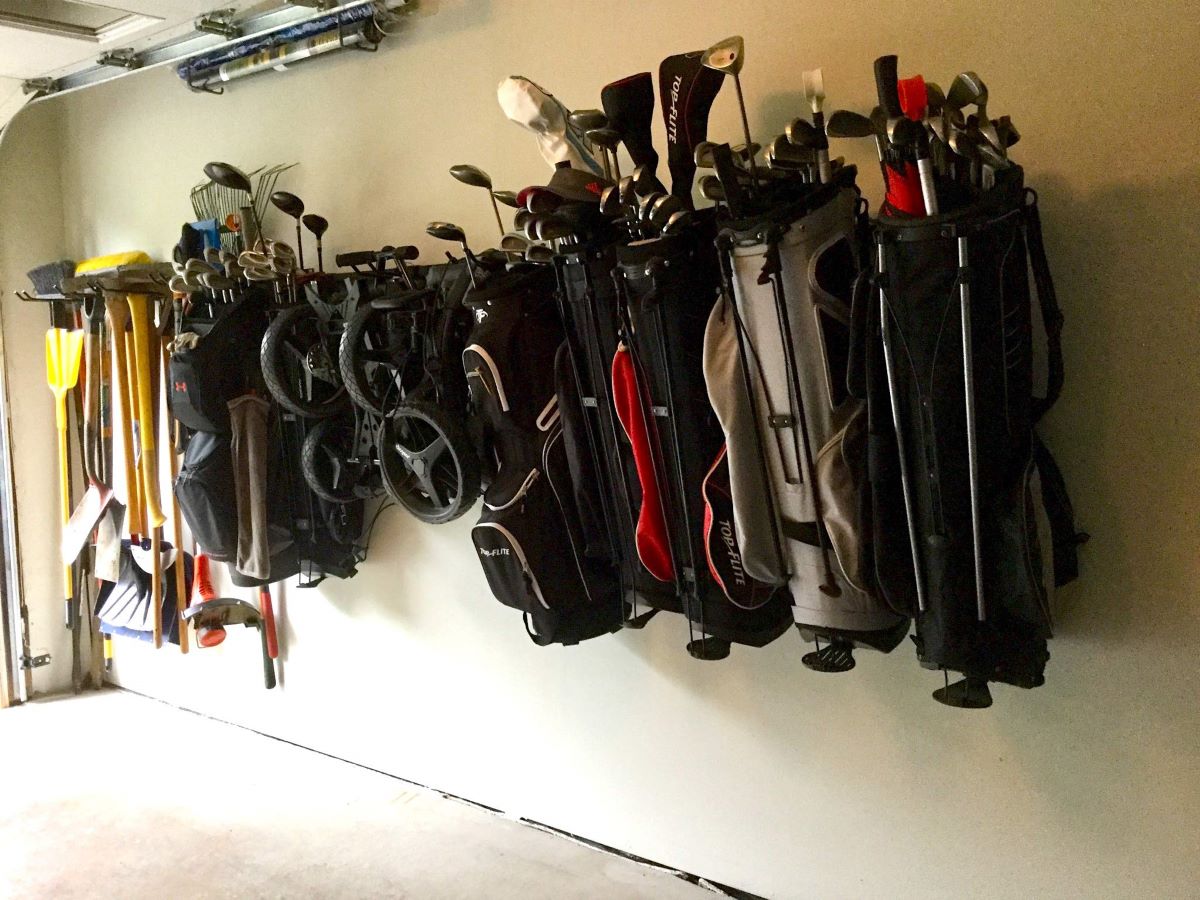
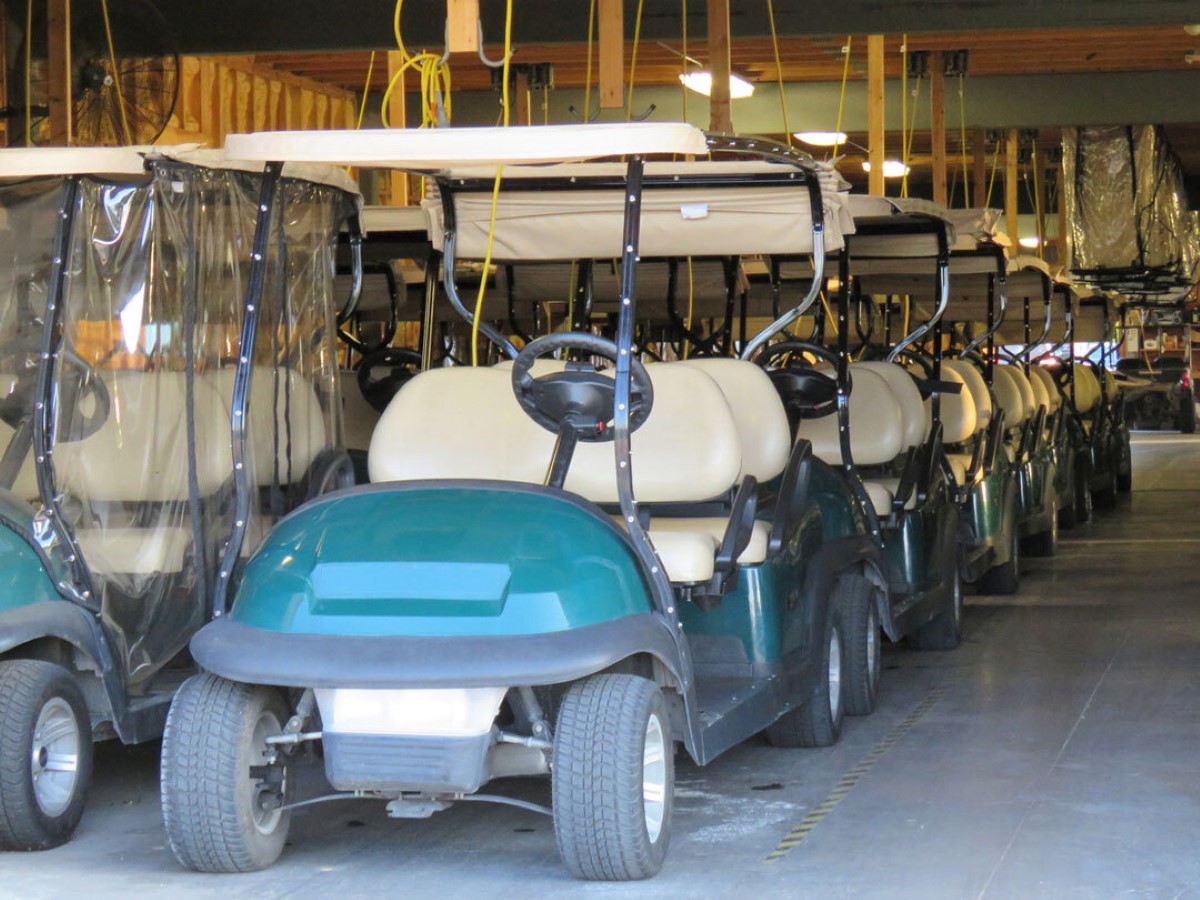
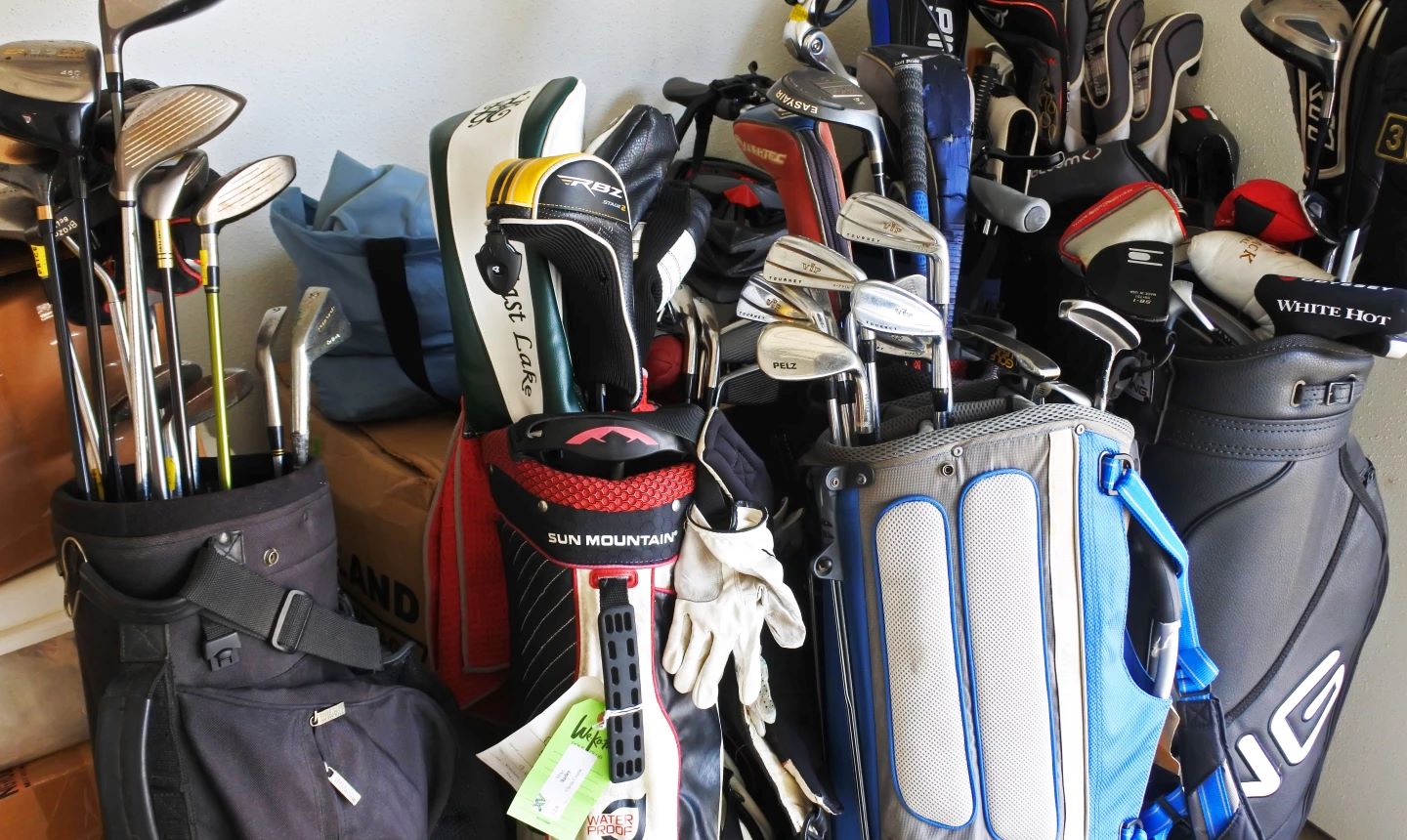
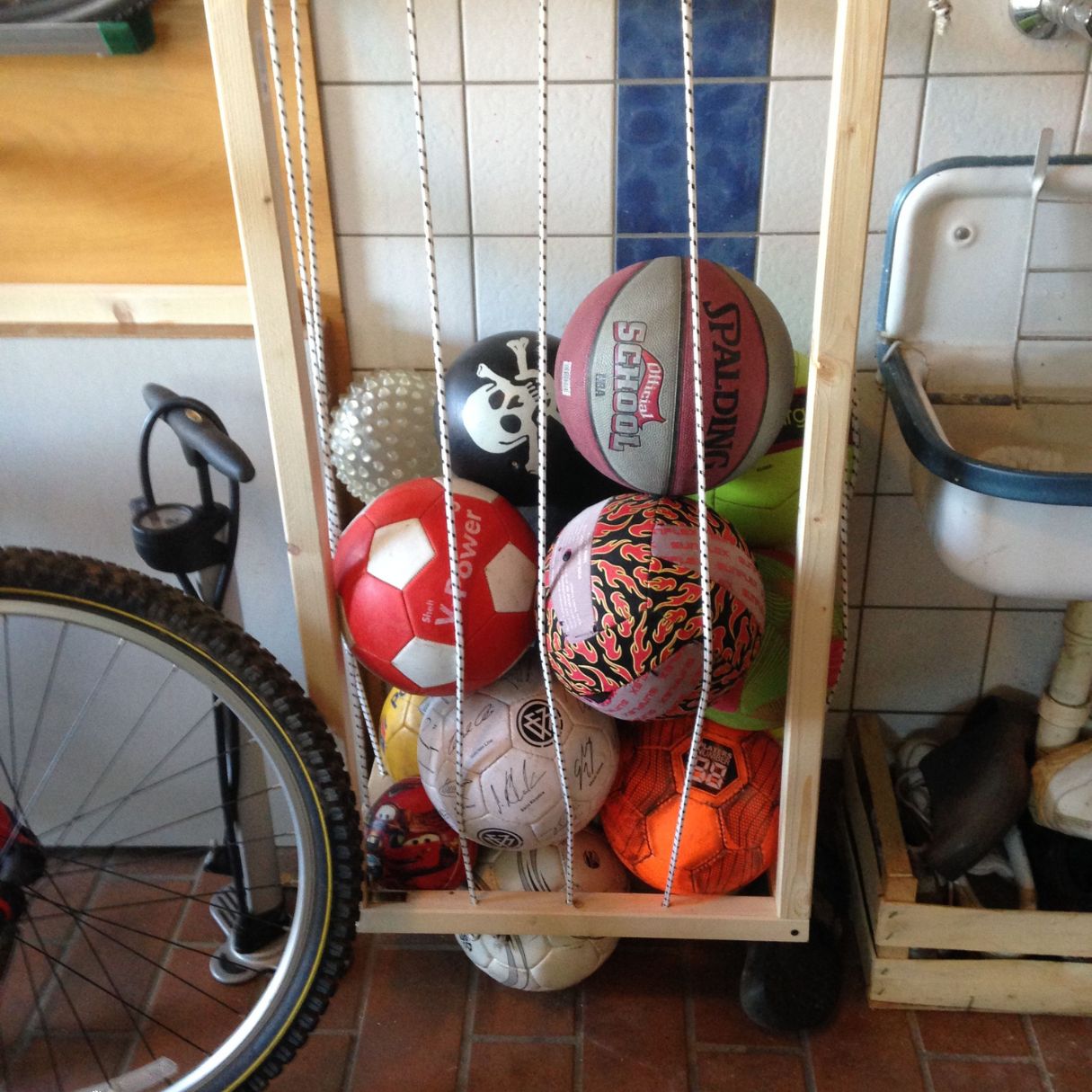
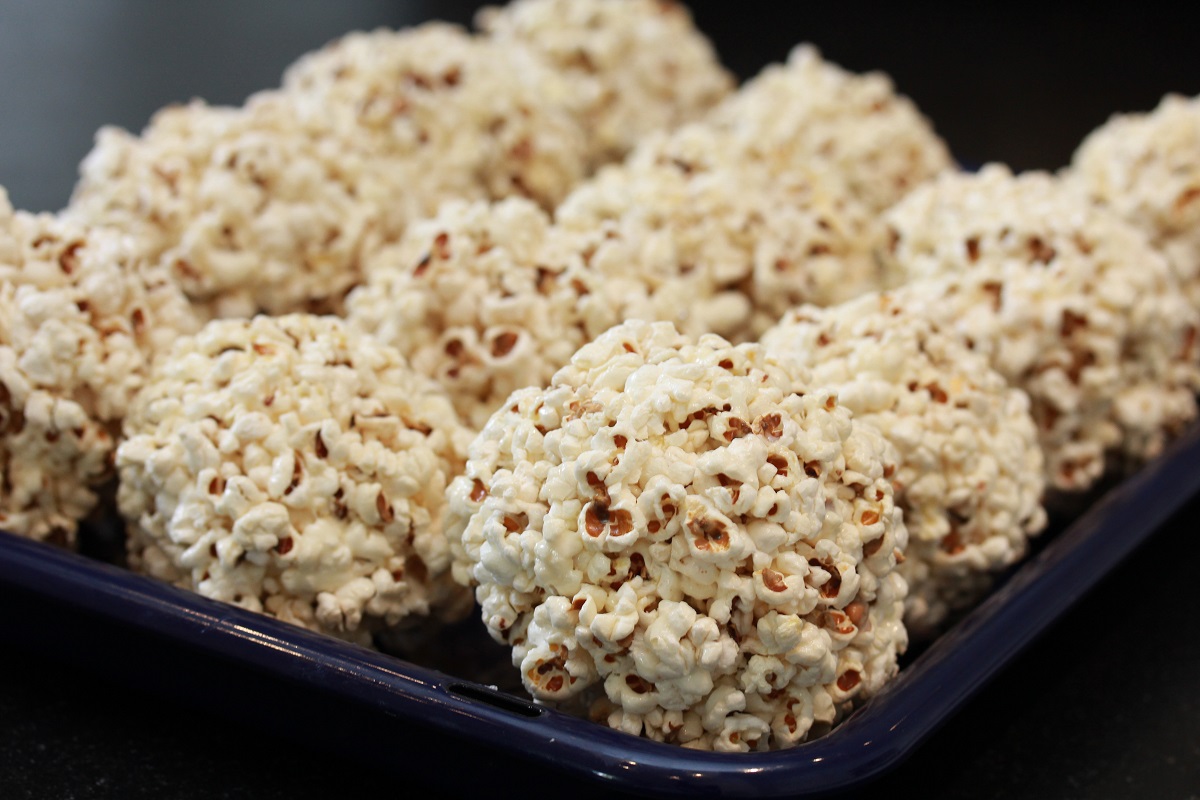
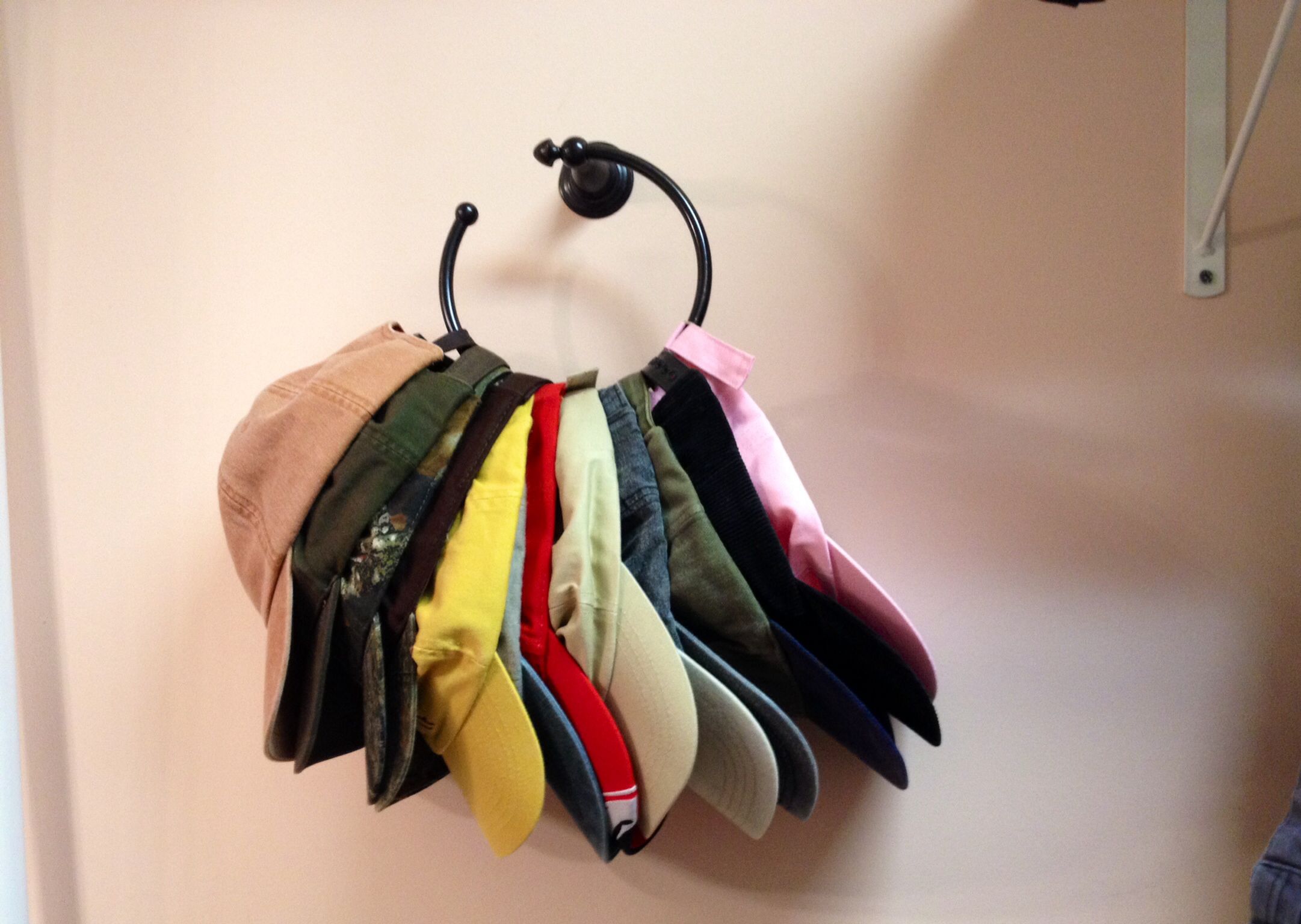
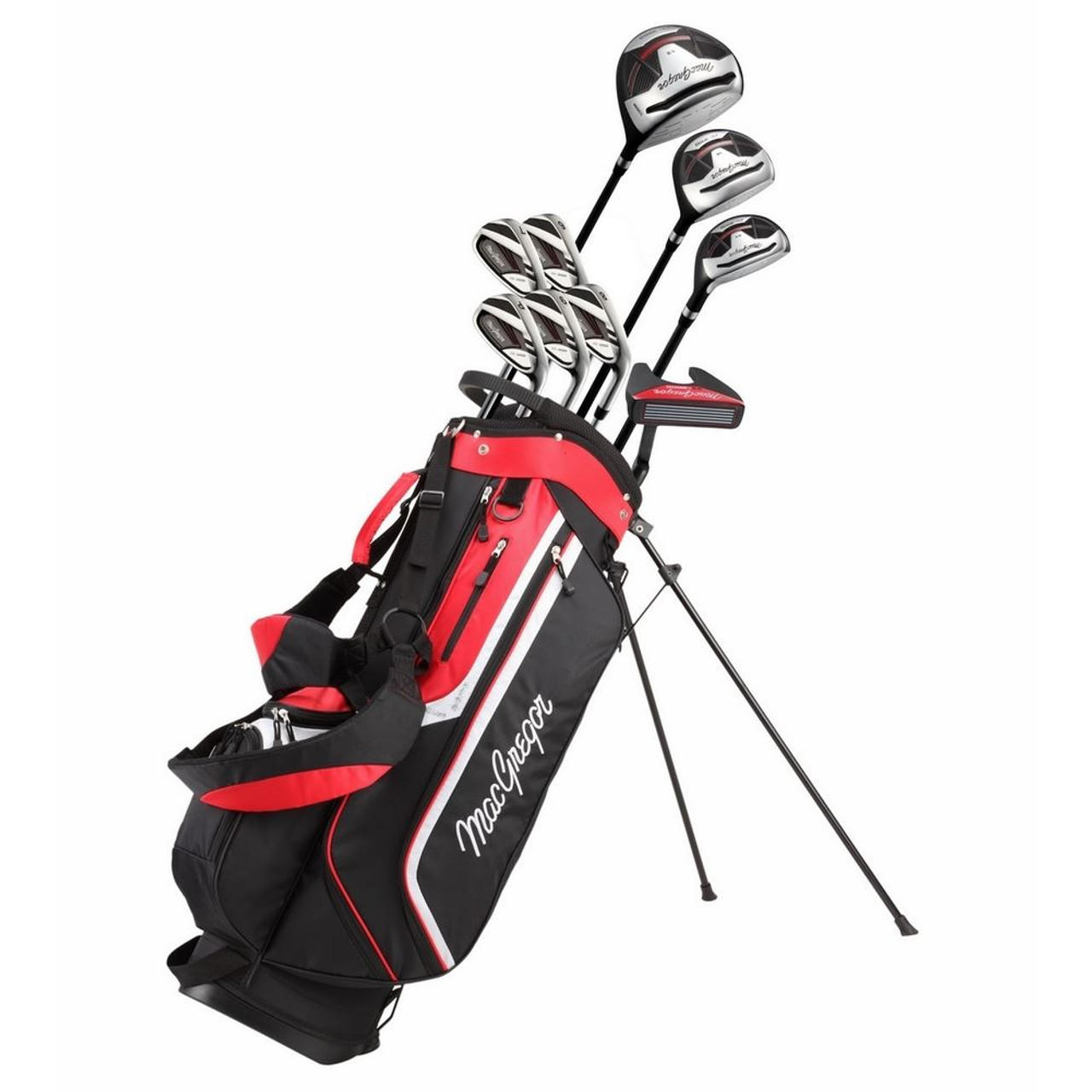
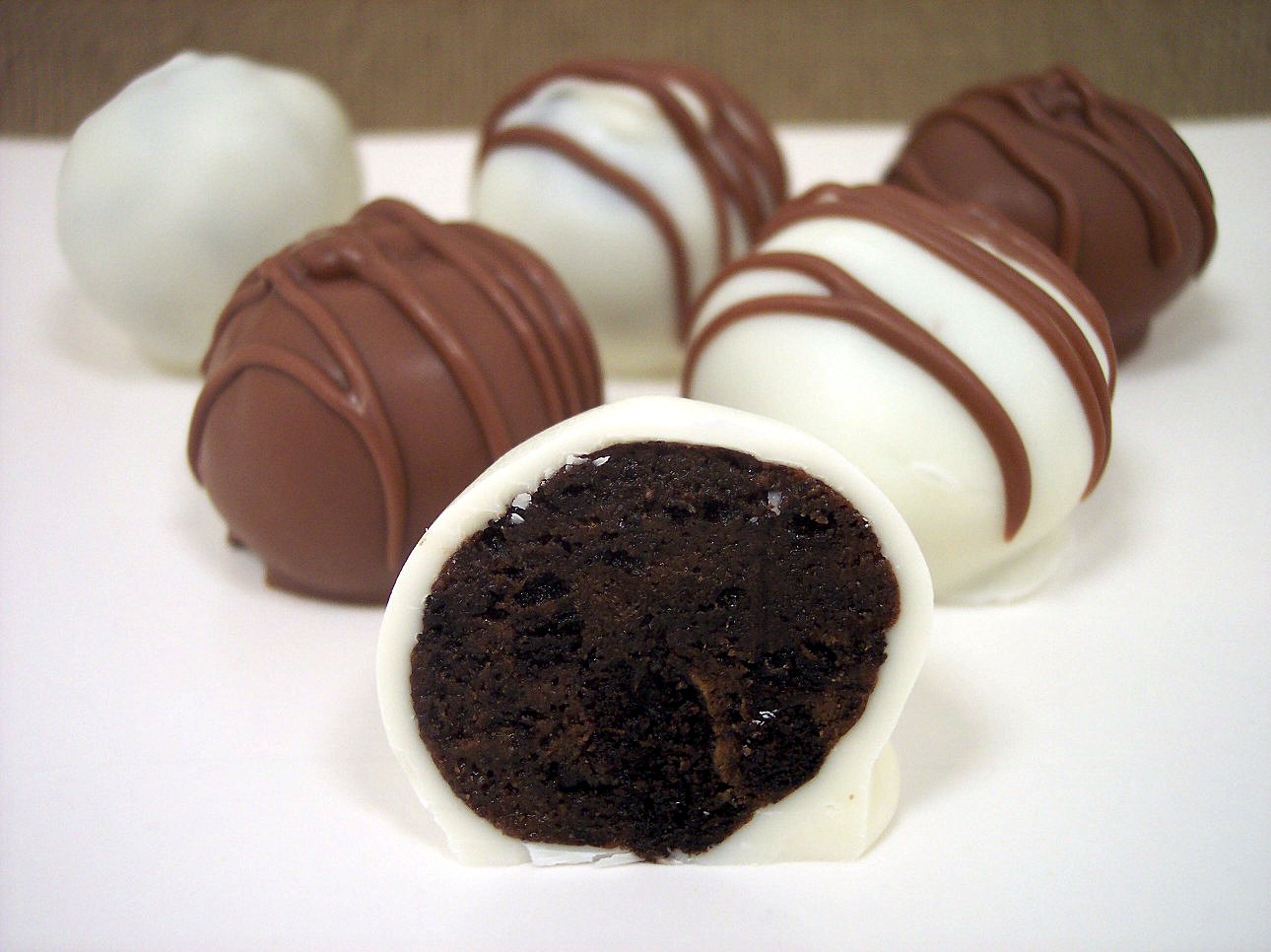
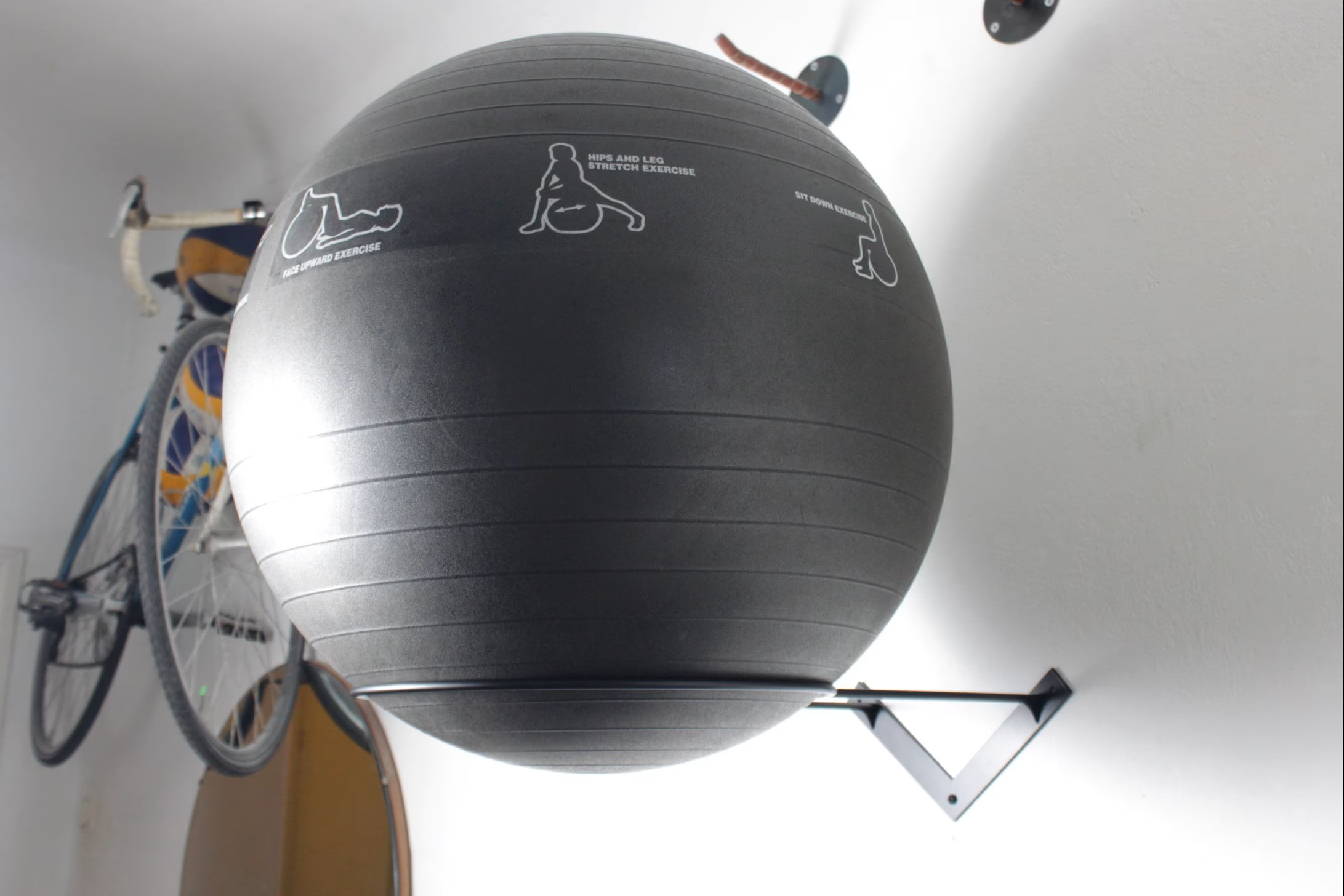



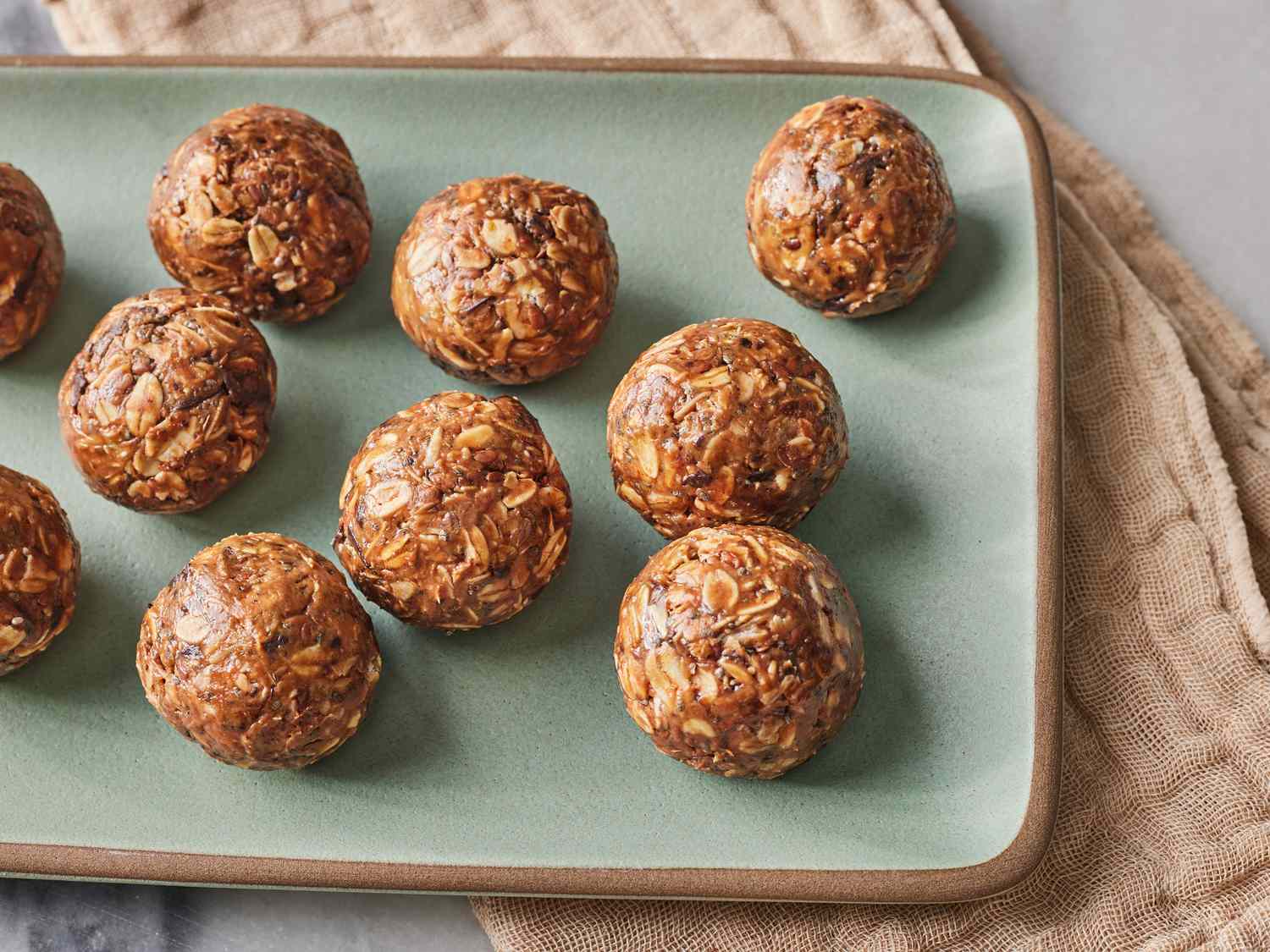
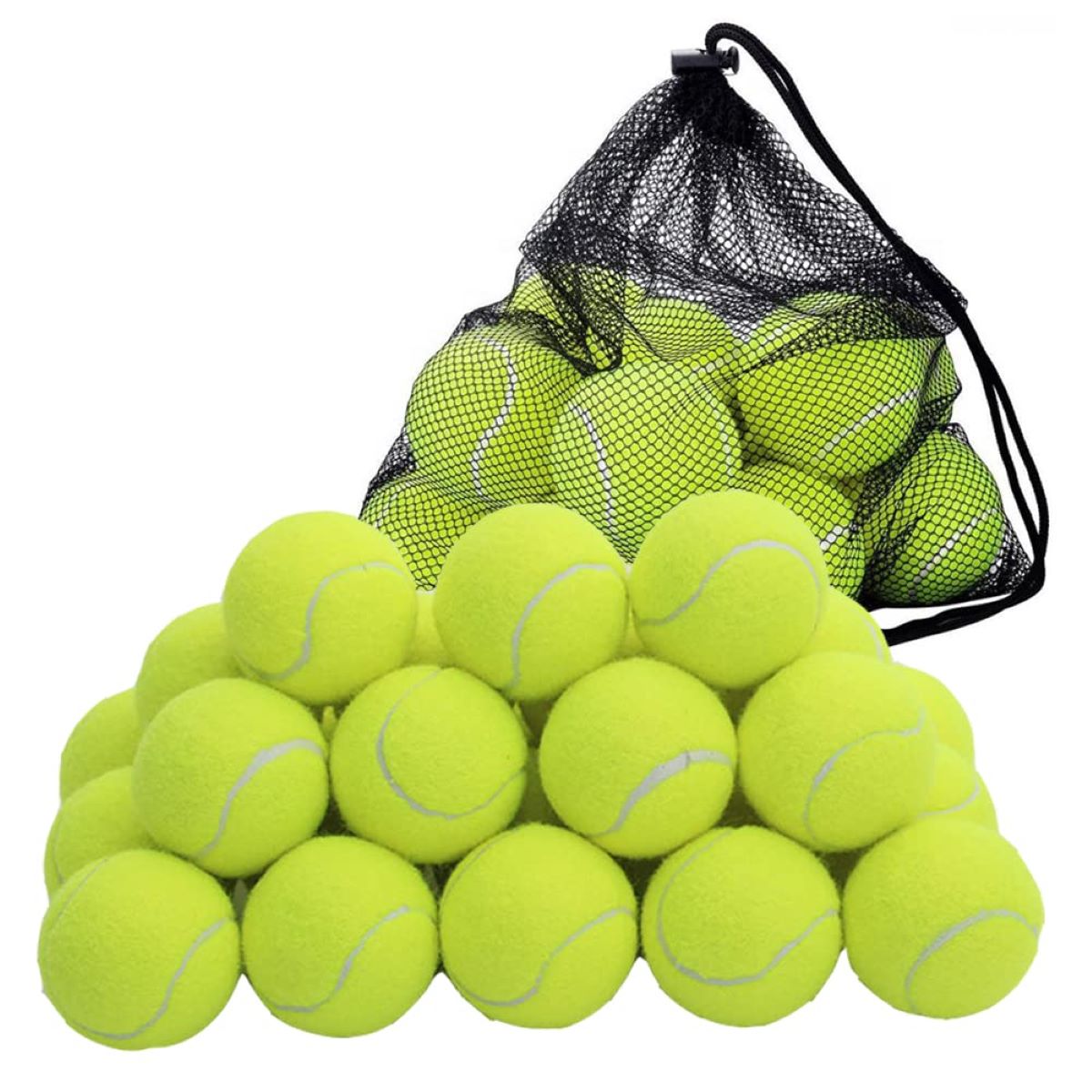

0 thoughts on “How To Store Golf Balls”